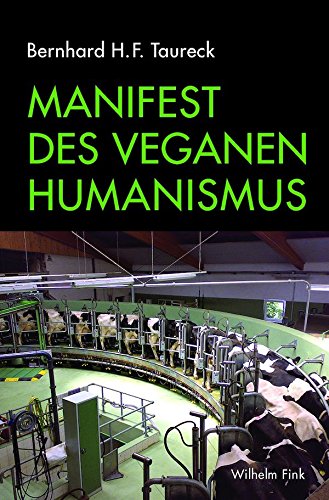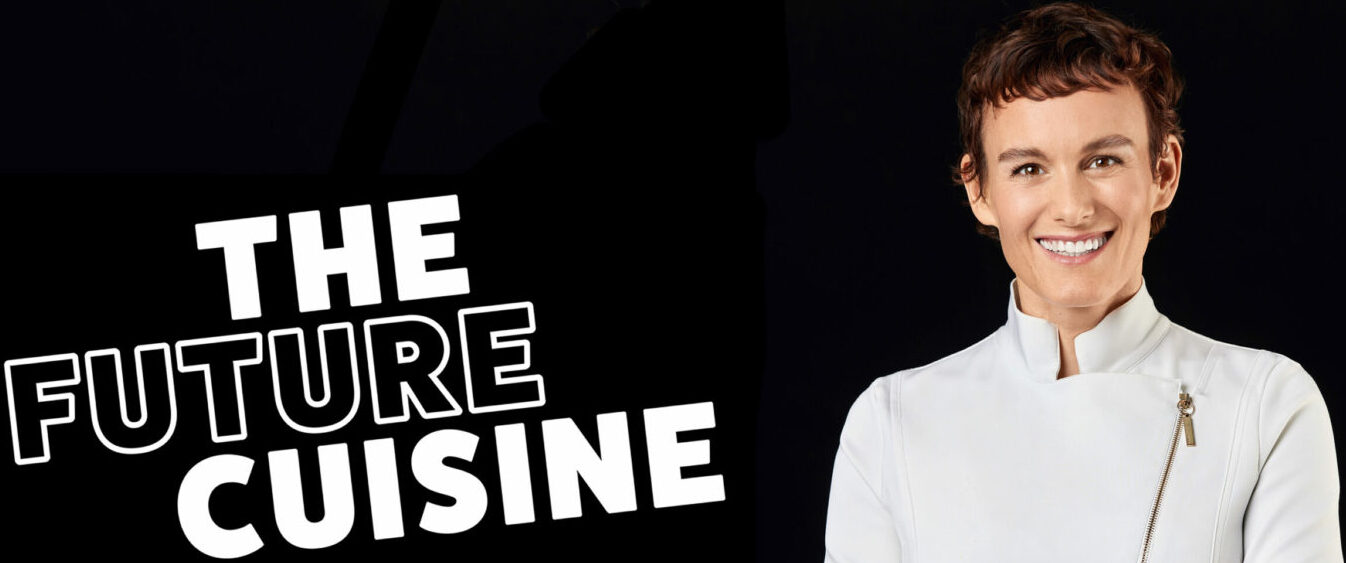Dear Mr.
Prof. Dr. Bernhard H. F. Taureck
, You have written a manifesto for vegan humanism. Why the term “manifesto”? Aren’t the terms vegan and humanism contradictory?
Wouldn’t it be easier to dispense with the concept of humanism, which is associated with the subordination of animals to the needs of humans?
Manifest is based on the Latin word manifestus, to be revealed. The purpose of a manifesto is to expose shortcomings and make proposals to remedy them. The Manifesto of Vegan Humanism that I have written attempts to fulfill both tasks. It shows the carnivorous society to be a dead end and proposes an end to all animal use as an alternative. The question of renouncing humanism is based on a typical misjudgment that traditional humanism has successfully caused. Humanism established the idea of an unrestricted appropriation, measurement and evaluation of everything by man. This overlooked the fact that we humans have the possibility and the ability to renounce unlimited appropriation and to distinguish between what belongs to us humans and what belongs to animals. Humanism does not include anthropocentrism. It is important to conceive limited humanisms. Unlimited humanism would turn the earth into a mass grave not only of animals, but of humans themselves. The ecologically murderous consequences of our greed for animal meat can already be seen today. Humans are not dependent on animal food, animal clothing or animal muscle power. The use and exploitation of animals is not, as our habits, nutritional science and the animal processing industry would have us believe for a long time, something unavoidable.
If we follow today’s dietary recommendations to eat meat only once a week, we are already on a de-consumption path. This one meat meal can also be dispensed with. The prerequisite for this is the awareness that and the extent to which de-utilization is ethically binding. The Vegan Humanism Manifesto attempts to lead us to this insight.

We are living in a time of escalating wars and massive refugee movements triggered by wars, destruction and misery. What answer would you give to people who demand that we should first and foremost take care of people?
The view that we primarily have to take care of humans overlooks the fact that human suffering is linked to man-made animal suffering in two ways. For one thing, the brutalization we show towards animals does not end with them. As an aggressive attitude, it easily spills over into our relationship with other people. On the other hand, the agonizing deaths of millions of people every year due to malnutrition could be avoided if we were to focus on depletion and no longer feed cattle for slaughter with soy that is not available to starving people.
A personal question: How did you come to embrace the vegan lifestyle?
Looking back, I see my life with regard to nutrition as a long journey of learning, which led me to the ethically compelling conclusion that the killing of animals for human consumption is based on no other justification than good taste. I had to realize that the sentence formulated by La Rochefoucauld in the 17th century, “One renounces one’s interest rather than one’s taste” not only applies, but has become the basis of our irresponsible eating habits.
The full interview with Prof. Dr. Bernhard H. F. Taureck can be found
here.
You can find the book “MANIFEST OF VEGAN HUMANISM” in any good bookshop or
here online.
